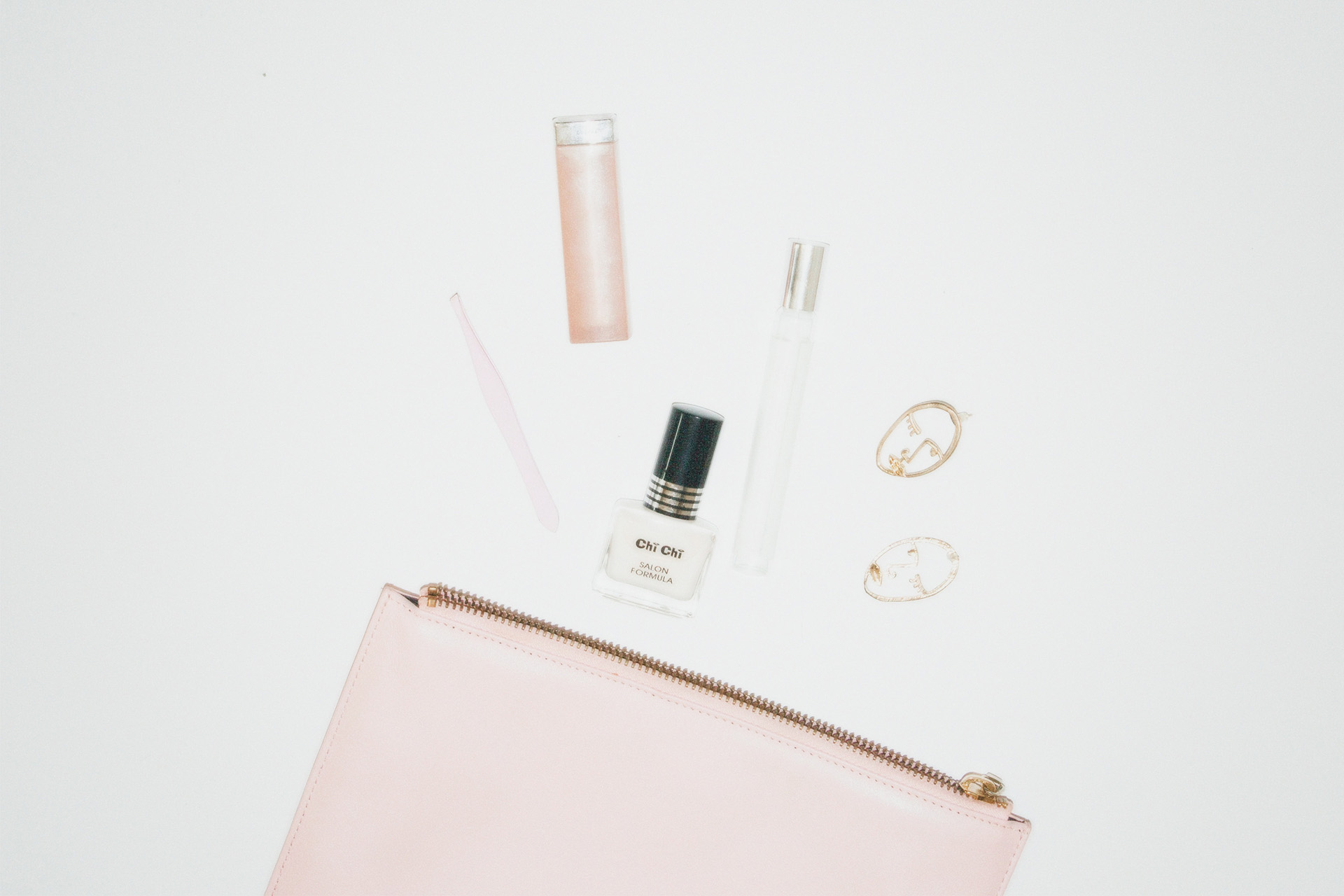Preventive skincare is the cornerstone of maintaining healthy, radiant skin and avoiding dermatological issues. A proactive approach to skincare can help prevent common problems such as acne, premature aging, hyperpigmentation, and other skin conditions. This comprehensive guide offers practical tips and insights into preventive skincare, ensuring your skin remains healthy and glowing. By following these tips, you can create an effective skincare routine that minimizes the risk of dermatological issues.
Understanding Preventive Skincare
Preventive skincare involves taking steps to protect and care for your skin before problems arise. It encompasses a combination of daily habits, proper skincare products, and healthy lifestyle choices. The goal is to maintain the skin’s integrity, enhance its natural defenses, and prevent the onset of skin issues.
Key Components of Preventive Skincare
- Daily Cleansing: Removing dirt, oil, and impurities from the skin’s surface.
- Moisturizing: Keeping the skin hydrated to maintain its barrier function.
- Sun Protection: Using sunscreen to protect against UV damage.
- Healthy Lifestyle: Incorporating a balanced diet, hydration, and stress management.
Daily Cleansing: The Foundation of Preventive Skincare
Cleansing is the first and most crucial step in any skincare routine. It helps remove dirt, excess oil, makeup, and pollutants that accumulate on the skin throughout the day.
Tips for Effective Cleansing
- Choose the Right Cleanser: Select a gentle, sulfate-free cleanser suited to your skin type. For oily skin, use a foaming cleanser; for dry skin, opt for a hydrating cream or oil-based cleanser.
- Cleanse Twice Daily: Cleanse your face in the morning to remove overnight oils and before bed to eliminate daily impurities.
- Avoid Harsh Scrubbing: Use gentle, circular motions to cleanse the skin. Harsh scrubbing can damage the skin barrier and cause irritation.
- Use Lukewarm Water: Hot water can strip the skin of its natural oils, leading to dryness and irritation. Use lukewarm water to cleanse your face.
Moisturizing: Keeping Skin Hydrated and Healthy
Moisturizing is essential for maintaining the skin’s barrier function and preventing dryness, which can lead to various skin issues.
Tips for Effective Moisturizing
- Choose the Right Moisturizer: Select a moisturizer based on your skin type. For oily skin, use a lightweight, oil-free gel moisturizer; for dry skin, opt for a rich, emollient cream.
- Apply Moisturizer on Damp Skin: Applying moisturizer on damp skin helps lock in moisture and enhances absorption.
- Use Moisturizer Daily: Apply moisturizer every morning and evening to maintain hydration levels.
- Consider Ingredients: Look for moisturizers with ingredients like hyaluronic acid, glycerin, and ceramides, which help retain moisture and strengthen the skin barrier.
Sun Protection: Shielding Skin from UV Damage
Sun protection is a critical aspect of preventive skincare. UV radiation from the sun can cause premature aging, hyperpigmentation, and increase the risk of skin cancer.
Tips for Effective Sun Protection
- Use Broad-Spectrum Sunscreen: Choose a sunscreen that offers broad-spectrum protection against both UVA and UVB rays. Ensure it has an SPF of at least 30.
- Apply Sunscreen Generously: Apply sunscreen to all exposed skin, including the face, neck, ears, and hands. Use about a shot glass amount for the entire body.
- Reapply Regularly: Reapply sunscreen every two hours and immediately after swimming or sweating.
- Wear Protective Clothing: In addition to sunscreen, wear protective clothing, hats, and sunglasses to shield your skin from the sun.
Healthy Lifestyle: Supporting Skin from Within
A healthy lifestyle plays a significant role in maintaining skin health and preventing dermatological issues. What you put into your body can affect your skin’s appearance and function.
Tips for a Healthy Lifestyle
- Balanced Diet: Consume a diet rich in fruits, vegetables, lean proteins, and healthy fats. Foods high in antioxidants, vitamins, and minerals support skin health.
- Stay Hydrated: Drink plenty of water throughout the day to keep your skin hydrated and flush out toxins.
- Manage Stress: Chronic stress can trigger skin issues like acne and eczema. Practice stress-reducing activities such as yoga, meditation, or deep breathing exercises.
- Get Adequate Sleep: Aim for 7-9 hours of quality sleep each night. Sleep is essential for skin repair and regeneration.
Additional Preventive Skincare Tips
Beyond the basics of cleansing, moisturizing, sun protection, and a healthy lifestyle, there are additional strategies to enhance your preventive skincare routine.
1. Exfoliation: Removing Dead Skin Cells
Exfoliation helps remove dead skin cells, unclog pores, and promote cell turnover, leading to smoother and brighter skin.
Tips for Effective Exfoliation
- Choose the Right Exfoliant: Use a gentle exfoliant suited to your skin type. Chemical exfoliants like AHAs (alpha hydroxy acids) and BHAs (beta hydroxy acids) are effective for most skin types.
- Exfoliate 1-2 Times a Week: Over-exfoliation can damage the skin barrier. Stick to exfoliating once or twice a week to avoid irritation.
- Avoid Physical Scrubs: Physical scrubs with large, abrasive particles can cause microtears in the skin. Opt for gentle chemical exfoliants instead.
2. Antioxidants: Protecting Against Environmental Damage
Antioxidants neutralize free radicals, which are unstable molecules that damage skin cells and accelerate aging.
Tips for Incorporating Antioxidants
- Use Antioxidant Serums: Incorporate serums containing antioxidants like vitamin C, vitamin E, and ferulic acid into your skincare routine.
- Apply in the Morning: Use antioxidant serums in the morning to protect your skin from environmental damage throughout the day.
- Include Antioxidant-Rich Foods: Eat a diet rich in antioxidant-rich foods such as berries, green leafy vegetables, nuts, and seeds.
3. Hydration: Beyond Moisturizing
Keeping your skin hydrated is crucial for maintaining its elasticity and preventing dryness.
Tips for Maintaining Hydration
- Use Hydrating Products: Incorporate products containing hyaluronic acid, glycerin, and aloe vera into your skincare routine.
- Hydrating Mists: Use hydrating mists throughout the day to refresh and hydrate your skin.
- Humidifier: Use a humidifier in your home, especially during dry seasons, to maintain moisture in the air and prevent skin dehydration.
4. Regular Skin Check-Ups: Early Detection of Issues
Regular visits to a dermatologist can help detect skin issues early and prevent them from becoming more serious.
Tips for Regular Skin Check-Ups
- Annual Dermatologist Visits: Schedule annual check-ups with a dermatologist to monitor your skin’s health.
- Self-Examinations: Perform monthly self-examinations to check for new moles or changes in existing moles. Look for asymmetry, border irregularities, color changes, diameter growth, and evolution.
- Consult for Concerns: If you notice any suspicious changes in your skin, consult a dermatologist immediately.
Tailoring Preventive Skincare to Your Skin Type
Different skin types have unique needs and require tailored preventive skincare routines.
For Oily Skin
Oily skin is characterized by excess sebum production, which can lead to clogged pores and acne.
Tips for Oily Skin
- Use Oil-Free Products: Opt for oil-free and non-comedogenic products that won’t clog pores.
- Exfoliate Regularly: Regular exfoliation helps keep pores clear and reduces acne breakouts.
- Lightweight Moisturizer: Use a lightweight, gel-based moisturizer to hydrate without adding excess oil.
For Dry Skin
Dry skin lacks moisture and can appear flaky and rough.
Tips for Dry Skin
- Rich Moisturizers: Use rich, emollient moisturizers that provide deep hydration.
- Avoid Harsh Cleansers: Use gentle, hydrating cleansers that don’t strip the skin of its natural oils.
- Hydrating Ingredients: Look for products with ingredients like hyaluronic acid, glycerin, and ceramides.
For Sensitive Skin
Sensitive skin is prone to irritation and redness.
Tips for Sensitive Skin
- Gentle Products: Use gentle, fragrance-free products designed for sensitive skin.
- Patch Test: Always patch test new products to check for any adverse reactions.
- Avoid Irritants: Avoid products with harsh chemicals, alcohol, and artificial fragrances.
For Combination Skin
Combination skin has both oily and dry areas, usually with an oily T-zone (forehead, nose, and chin) and dry cheeks.
Tips for Combination Skin
- Balance Products: Use products that balance oil production and hydrate dry areas.
- Targeted Treatments: Use different products for different areas of your face, such as a mattifying moisturizer for the T-zone and a hydrating one for the cheeks.
- Regular Exfoliation: Exfoliate regularly to keep pores clear and remove dry patches.
The Importance of Consistency in Preventive Skincare
Consistency is key to achieving and maintaining healthy skin. A preventive skincare routine should be followed diligently to see long-term results.
Tips for Maintaining Consistency
- Establish a Routine:
Develop a daily skincare routine and stick to it. Cleanse, moisturize, and protect your skin every day. 2. Be Patient: Preventive skincare takes time to show results. Be patient and consistent with your routine. 3. Adjust as Needed: Listen to your skin and adjust your routine based on changes in your skin’s condition, season, or lifestyle.
Conclusion
Preventive skincare is essential for maintaining healthy, radiant skin and avoiding dermatological issues. By following a comprehensive skincare routine that includes daily cleansing, moisturizing, sun protection, and a healthy lifestyle, you can keep your skin in optimal condition. Tailor your routine to your skin type, incorporate additional preventive measures like exfoliation and antioxidants, and maintain consistency to achieve the best results. Regular dermatologist visits and self-examinations are also crucial for early detection and prevention of skin issues. Embrace preventive skincare as a proactive approach to skin health, and enjoy the benefits of beautiful, glowing skin.



